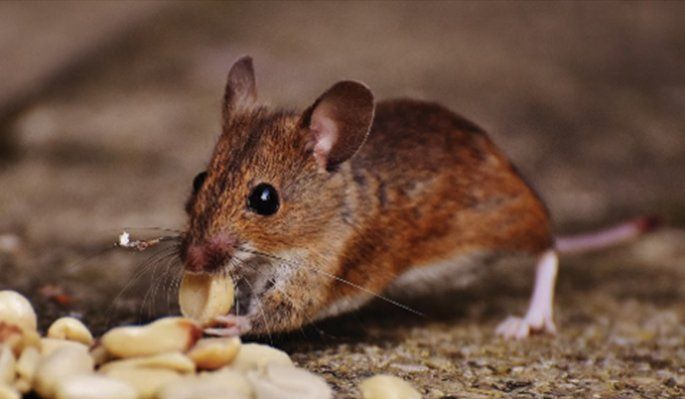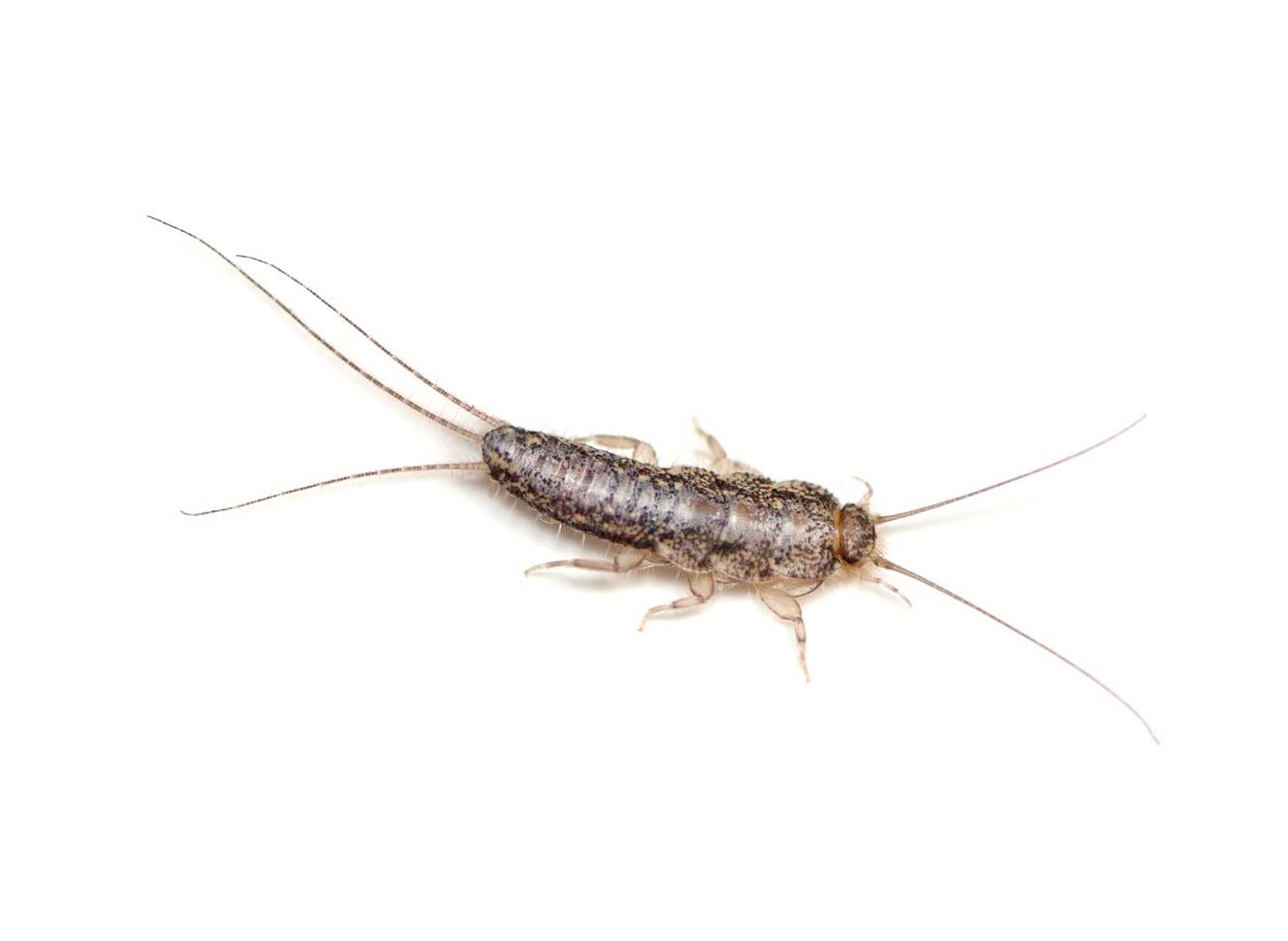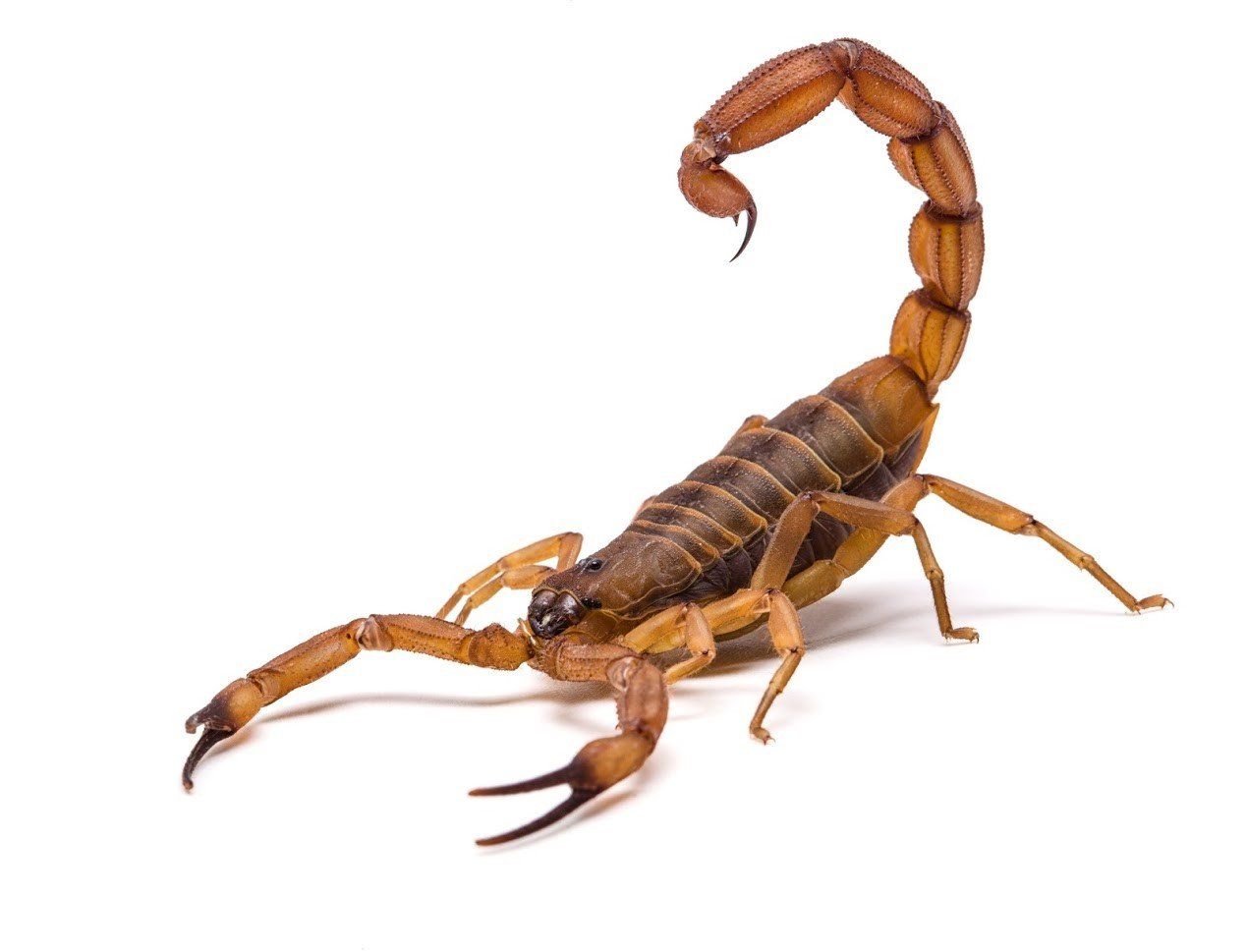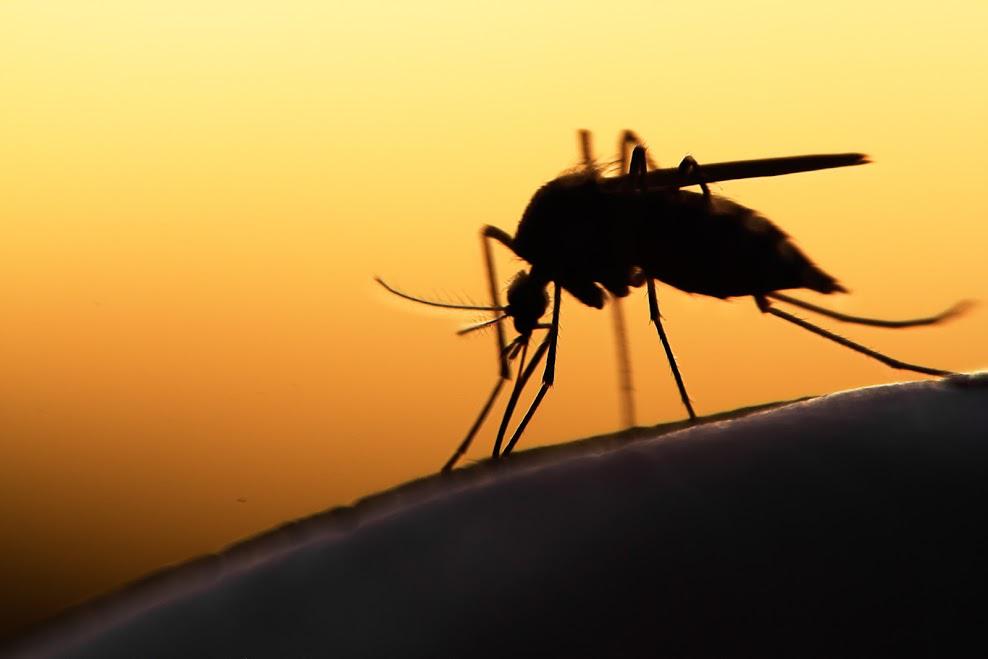Raccoons: Cute, But Still Pests
May 14, 2019
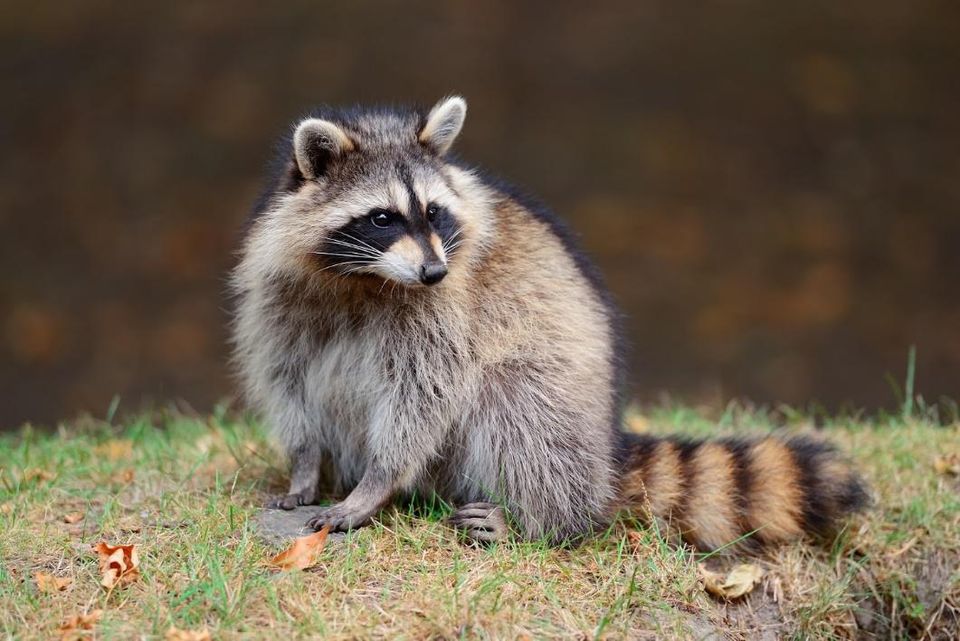
A lot of people like raccoons. While seemingly cute, raccoons can ravish areas rich with resources, including greenery and water. Plus, raccoons learn quickly. They learn how to access trashcans and homes, for instance. This spells out big trouble for those living in areas where raccoons dwell.
Are you on the fence about raccoons? Are you interested in getting rid of them? This guide to raccoons will help you understand the impact they have and what you can do to get rid of them.
Know What Damage Raccoons Cause
Raccoons may look cute, but they also carry risks. Not only do they pose a risk to your property and home, but they can also impact your health and the health of your pets.
Raccoons spread a number of diseases, with rabies being one of the most prominent. In fact, raccoons are one of the primary carriers of the fatal illness, which can impact bitten animals and humans.
Raccoons also pass on ringworm. Ringworm varies in severity, and it also impacts humans and pets. For some people, ringworm shows few to no symptoms. However, very little contact is needed for ringworm to pass on.
These pests can also kill pets and other animals living on your property. Raccoons are often aggressive, especially when vying for food. This means your beloved pets could get into scuffles with these pests that leave your pets injured or worse.
Raccoons cause damage to homes each year. Some raccoons get in through the roof of a home, causing damage to an attic or crawlspace. When raccoons get into a home in this manner, they can also make holes that allow water to enter. You could face structural damage from water seeping in and causing mold.
Once inside your home, a raccoon can wreak havoc. Raccoons can tear apart walls, pipes, and anything else they find in your home. The result could be potentially damaging structural issues that require repair and reconstruction.
Identify Raccoons
Raccoons are relatively easy to identify, especially if you have seen a picture of one of these creatures before. They typically have a furry black mask around their eyes and a large tail. Raccoons often stand on their hind legs to get into places they do not belong.
Some people never actually see the raccoons themselves but rather spot the footprints, nests, and other telltale signs. Follow tracks to ensure that they don't lead to nests under or in your home.
You can also identify signs that raccoons are present by paying attention to your home. Significant changes or damage to the insulation, shingles, or wiring of your home often indicates that pests are afoot.
Prevent Raccoons
One of the first things you can do is seal up trashcans, discouraging raccoons from finding food that you throw out. Additionally, avoid leaving food for pets outdoors where a raccoon can get to it. When raccoons don't find food nearby, they are likely more tempted to leave.
If you fear raccoons entering your home, pay attention to entry points. Many homeowners forget about access available through the chimney. Close the chimney when it is not in use, as raccoons may use your chimney as a warm nest.
Get Rid of Raccoons
Working with a professional can help you say goodbye to raccoons for good. Rodent experts know how to trap raccoons and remove them from your property in a humane way. Professionals can also provide you with information for preventing raccoons from returning.
Southwest Exterminating provides pest control services in the Houston area. Are you interested in getting rid of rodents and other pests around your home? Call our office today to set up an appointment. Our technicians are well-acquainted with pests and rodents that frequent your area.

If you have mice in your house, don't let them a minor problem turn into a major infestation. You might think that one or two mice in the attic isn't a big deal, but that's simply not the case. The common house mouse can give birth to between five and ten litters per year, with the average litter size being anywhere from 3 to 14 mice. Unfortunately, mice aren't mere nuisances; they're a major risk for you, your family, and your home. If you've discovered mouse activity in your home, here are five potential risks you face. 1. Chewed Electrical Wires If you've discovered mice in your home, you have to assume that they've found their way behind the walls, which is where most of the electrical wires are located. Unfortunately, mice will chew through anything they come in contact with, which includes the electrical wires. The first part of the wire that mice chew through is the protective cover. Once that's gone, the wires are left exposed, which increases your risk for electrical fires. 2. Damaged Attic Insulation If mice have found their way into your home, they'll make a beeline for the attic. After all, they'll find plenty of dark spaces to hide out in and an abundance of material for nest-building. Unfortunately, the material they'll most likely use is your insulation. Once they tear up the insulation for their nests, your home will lose out on the energy efficiency. Not only that, but the insulation that does remain in your attic will be saturated with mouse urine and feces, which will fill your home with unpleasant odors — not to mention the fact that mouse urine and feces cause breathing problems for humans and animals. In fact, the hantavirus pulmonary syndrome is commonly spread by mouse droppings. 3. Contaminated Counters and Food If mice leave the confines of your attic and walls, they usually head towards your kitchen, where they'll find plenty of food. Unfortunately, while they travel through your kitchen, they'll contaminate your counters and your containers — not to mention the contamination they'll introduce to the food that they attempt to eat in the cabinets. Contamination that is left behind by mice can pose serious health risks to you and your family. The contamination can also be costly since you'll need to replace all the food that the mice come in contact with. 4. Increased Allergic Reactions If mice are allowed to infest your home, you and your family run an increased risk of severe allergic reactions and breathing disorders. This is particularly true of young children, who have an increased sensitivity to rodent dander and droppings. Your young children may suffer from allergic respiratory disease, as well as more severe symptoms associated with asthma. The problem can be made worse once mice find their way into the heater and air conditioner ducts because the dander and droppings in the ducts get blown through the house. 5. Infected Bed Space If mice have taken over your home, they may have found a way into your beds at night. Mice will travel throughout your home while you're asleep. If you've had a snack in bed, or you've sent an infant to bed with a bottle, mice will be attracted to those odors, which means your bed space is no longer safe from mice-related diseases, contamination, or the fleas that might transfer from the mice to your bed. Unfortunately, fleas can carry the same diseases as the mice that brought them into your house and can easily spread from one person to another. Those house mice might be furry and small, but they're not safe. If you've discovered mice in your house, and you're in the Houston, TX area, contact us at Southwest Exterminating. We'll take care of your rodent infestations right away.

